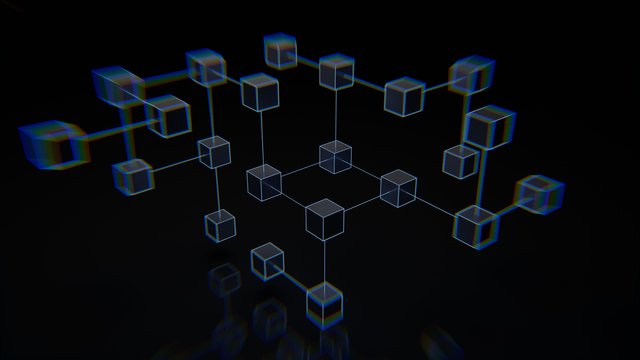More on decentralization

Decentralization is a game-changer in the digital world. It's all about distributing power, control, and data away from a single authority. Here's how it works:
🤝 No Central Authority: In a decentralized system, there's no single central authority calling the shots. Instead, decisions are made by a network of participants.
🔐 Enhanced Security: Decentralization boosts security because there's no central point for hackers to target. Data is spread across many nodes, making it resistant to attacks.
🌍 Global Accessibility: Anyone with internet access can participate, making it inclusive and accessible worldwide.
📦 Example 1: Bitcoin - The most famous example! Bitcoin is a decentralized digital currency. No government or bank controls it. Transactions are verified by a network of miners, not a central authority.
🌐 Example 2: Ethereum - it takes decentralization a step further. It's a platform for decentralized applications (DApps) where developers can create smart contracts. These self-executing contracts run without intermediaries.
🌿 Example 3: File Storage - Projects like IPFS and Filecoin are changing how we store data. Instead of relying on centralized servers (like Dropbox), files are distributed across a network of computers.
Decentralization empowers individuals and communities, reduces censorship, and opens up new possibilities for innovation. It's reshaping industries and the internet itself!
Share your thoughts on the matter in the comments down below!